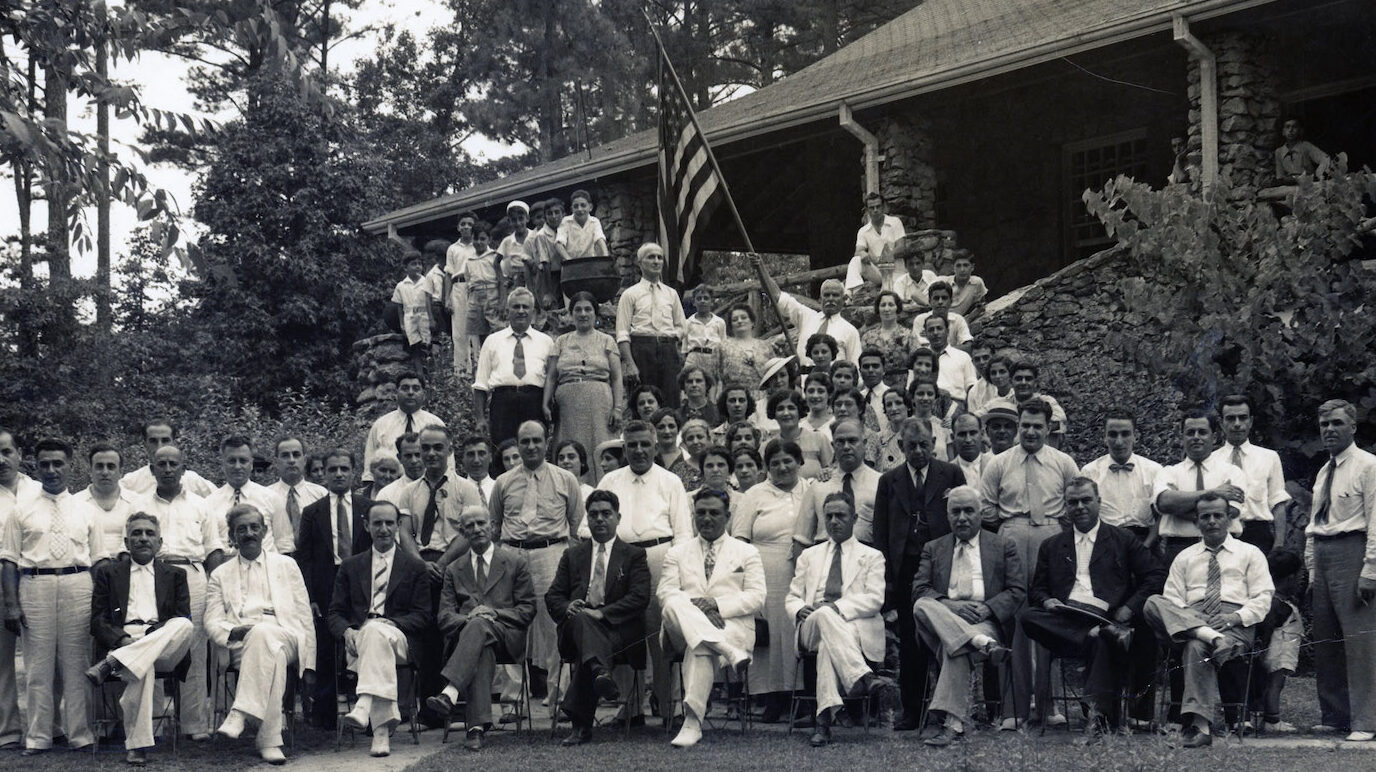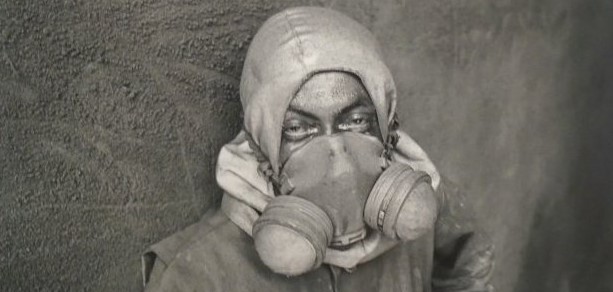Lorraine Thomas: A Story of Perseverance, Independence and Respect
The oral history was recorded by Mandy Benter who also wrote this article. Photos are courtesy of the Thomas family.
This month, the Moise A. Khayrallah Center of Lebanese Diaspora Studies had the pleasure of interviewing Lorraine Thomas of Raleigh. Lorraine’s family first came to the United States in 1903 and eventually settled in Red Springs, North Carolina. Her captivating story is one of perseverance, independence, and respect. Ms. Thomas’ full narrative will be available through the Khayrallah Center’s digital sound archive.
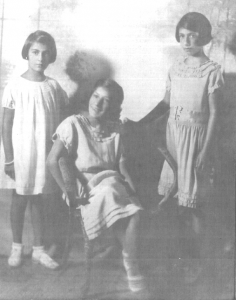
I have had the pleasure of interviewing several Lebanese families who have made North Carolina their home. Though each story is unique, it is often comforting to find common threads which weave together and form a collective narrative. The Lebanese-American story often denotes hardship and resilience, religious foundations and family; yet, with all the stories I have collected thus far, I was very much impressed by the Thomas’ of Red Springs, North Carolina. The Thomas family carries a distinct independent streak and a strong sense of cultural pride that, when combined, creates a unique chapter in the Lebanese-American story. Lorraine’s story begins like many others. Her father, Samuel Thomas, arrived at Ellis Island in 1903. He made the journey from Hammana, Lebanon to New York when he was just seventeen years old in hopes of providing a better life for himself and his siblings. Samuel took up work as a peddler and came to settle in Clinton, North Carolina. When asked why Clinton, Lorraine replied, “I have no idea! I know there are Lebanese in Red Springs, Clinton, Fayetteville, and Laurinburg–and most stories are about the same as to why they were in that area.” Her niece added, “It was definitely not a metropolis!” In time, Samuel gathered enough money to send for all of his younger siblings and established stores in Clinton, Dunn, and Rockingham. Though these stores eventually folded, Samuel learned from each experience. Lorraine proudly remembers, “After Rockingham, he went broke again, made another comeback and really got on his feet. He had bigger stores.” Samuel Thomas, a financial success at age 34, now needed a wife. The extended Lebanese community arranged for Sam to marry Madeline Monsour of Dedham, Massachusetts.
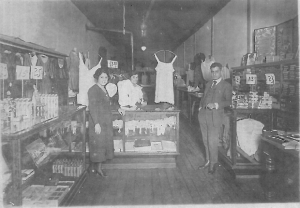
After an elaborate wedding ceremony, the couple settled in Red Springs, North Carolina. Lorraine stated, “Eventually, mother took over the store and he started traveling and got into the whole sale hosiery business and that’s when he got on his feet and went forward.” When I asked Lorraine whether she and her siblings grew up in the family store, Lorraine responded with a definitive, “No. To be honest, we were spoiled brats!” The Thomas’ became a highly respected family in the town of Red Springs. Lorraine’s outspoken grandmother, Mary Haley Monsour, moved in with the family and quickly became a leader in the community. Lorraine divulged, “My grandmother and mother were heavily involved in the local Presbyterian Church. My grandmother, a known Catholic, often led church gatherings. Her meetings always had 100 percent attendance! When in Rome, you live as the Romans do.” The Thomas family had successfully assimilated into a strict, Scottish Presbyterian community. However, the Thomas’ success did not erase tensions evident in everyday interactions in the community. Lorraine recalled, “My father and mother acclimated to their surroundings rather than keeping and practicing the old countries habits and ways. They wanted us to be totally Americanized.” Sam and Madeline Thomas were constantly aware of the image they were conveying to the greater community and always insisted in demanding dignity and respect. For example, whenever Lorraine had company over, her father would quickly stand and respectably greet her guests. During the holidays, the Thomas’ invited everyone in the community to come into the big house, eat some sweets, and visit with them. Sam Thomas stressed that education and civic duty were needed to succeed in America.
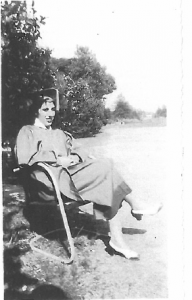
Yet, considering Sam’s desire to assimilate, he also defied cultural trends in order to strengthen his family and preserve their Lebanese heritage. When Sam and Madeline’s first child was born with cerebral palsy, they refused to treat her differently than any other child. Lorraine recalls, “My father was very very dedicated to her. He would wait on her, do for her just beyond a person’s imagination. Everyone around him just marveled at his devotion. Of course, back in those days, they took them, put them in back rooms, wouldn’t let them out in public, wouldn’t let them there when company was coming…everyone was amazed at his devotion to Juliet. They carried her all over the country, wherever somebody would suggest to see if they could help her.” As a result of their care and attention, the entire family learned how bright and brilliant Juliet was. Lorraine remembered, “My parents gave us many tongue lashings about learning Arabic. They’d say, ‘Sit down on the sofa and listen.’ Juliet was the only one who learned to speak it. I guess we were a disappointment to our father because he told us many times that we were going to regret it and…sure enough.” As Sam and Madeline openly challenged norms, they used their influence to question ingrained social and cultural prejudice. Ultimately, the Thomas’ were constantly aware of the discrimination directed towards outsiders; however, they never let any form of bigotry affect their sense of self. Lorraine said it best, “I’m very proud of it [Lebanese heritage]. Even during the days when we did experience some persecution, it never really has been a barrier in my thinking about this country and the people here. Because, even though sometimes we had those neighborhood incidents, it seemed like it just rolled off my back—and the same for most of my family. We just sort of accepted that was the way it was to be. And that’s because of the way mother and daddy thought. We never felt terrible about the persecutions, or about our religion, or about our ethnic background. I’ve always been very proud to say I’m Lebanese. ” If you’re interested in other interviews conducted by the Center, check out our most recent ones with Mary Kannan DeMolli, Jimmy and Tommy Abdalla, Dr. Ghana Rabah, and Dr. Mohamad Mikati.
- Categories:

